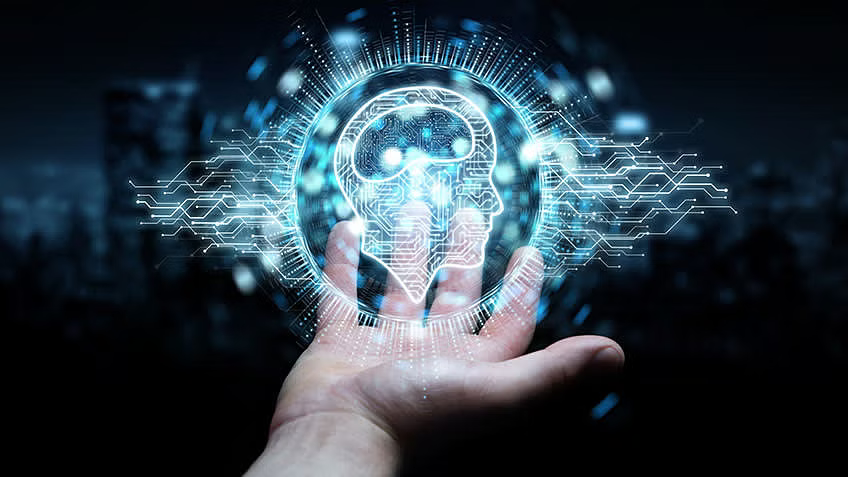A group of technology experts gathered in Virginia this week to discuss the future of artificial intelligence (AI). The event brought together experts from academia, industry, and government to share their insights on how AI will impact the world in the coming decades.
The Discussion of the Use of Artificial Intelligence
One of the key themes that emerged from the discussions was the potential for AI to revolutionize many aspects of our lives. For example, AI-powered robots could perform dangerous or repetitive tasks in factories, freeing humans to focus on more creative and strategic work. Moreover, with the best Virginia sports betting apps, you can easily place bets on your favorite teams and players.
AI could also be used to develop new medical treatments, create more efficient transportation systems, and even design new forms of art and entertainment.
Of course, there are also concerns about the potential negative impacts of AI. Some experts worry that AI could lead to job losses as machines become capable of performing tasks currently done by humans. Others concern that AI could be used to develop autonomous weapons systems that could threaten humanity.
Despite these concerns, the experts gathered in Virginia were generally optimistic about the future of AI. They believe that AI has the potential to make our lives better in many ways, and they are committed to working to ensure that AI is used for good.
Some Key Takeaways from the Discussion
· AI is rapidly becoming more powerful and sophisticated.
· AI is already having a significant impact on our lives, and its impact will only grow in the coming years.
· AI has the potential to revolutionize many aspects of our lives, from how we work to how we get around to how we entertain ourselves.
· There are also concerns about the potential negative impacts of AI, such as job losses and the development of autonomous weapons systems.
However, the experts gathered in Virginia were generally optimistic about the future of AI. They believe that AI has the potential to make our lives better in many ways, and they are committed to working to ensure that AI is used for good.
Some Specific Examples of How AI Is Already Being Used in the World Today
In the healthcare industry, AI is used to develop new drugs and treatments, diagnose diseases, and provide personalized care to patients.
In the financial industry, AI detects fraud, manages risk, and makes investment decisions.
In the retail industry, AI is used to personalize shopping experiences, recommend products, and optimize inventory levels.
In the transportation industry, AI is used to develop self-driving cars, optimize traffic flow, and improve public transportation.
In the manufacturing industry, AI automates production lines, improves quality control, and reduces costs.
These are just a few examples of the many ways AI is already being used today. As AI continues to develop, it will have an even greater impact on our lives in the years to come.
The Near Future of Artificial Intelligence

Two main areas of AI research and experimentation that will have ramifications in the near future are reinforcement learning and generative adversarial networks (GANs). Reinforcement learning deals with rewards and punishment rather than labeled data, while GANs allow computer algorithms to create rather than merely assess by pitting two nets against each other.
AI learns from the given data and improves its results over time. For example, show a neural network with many photos of dogs. It will eventually learn to recognize dogs more and more accurately, even dogs it has never seen before. This is because AI systems are trained on massive datasets of data. The more data they are trained on, the better they identify patterns and make predictions.
On a larger scale, AI is poised to have a major effect on sustainability, climate change, and environmental issues. Ideally, and partly through the use of sophisticated sensors, cities will become less congested, less polluted, and generally more livable.
Once you anticipate something, you may set specific regulations and rules. For instance, sensors in vehicles enhance traffic flow by sending data on the present situation in real-time and allowing for the prediction of possible difficulties. This is not yet flawless by any means. It’s early on in its development. But in the far future, it will be crucial.
Summing Up
It is important to remember that AI is a tool; like any tool, it can be used for good or bad. It is up to us to ensure that AI is used for the benefit of humanity and not to its detriment.
We must work together to develop ethical guidelines for the development and use of AI. We must also educate the public about AI’s potential benefits and risks so that everyone can make informed decisions about how AI is used in their lives.
The future of AI is in our hands. Let us use it wisely.
